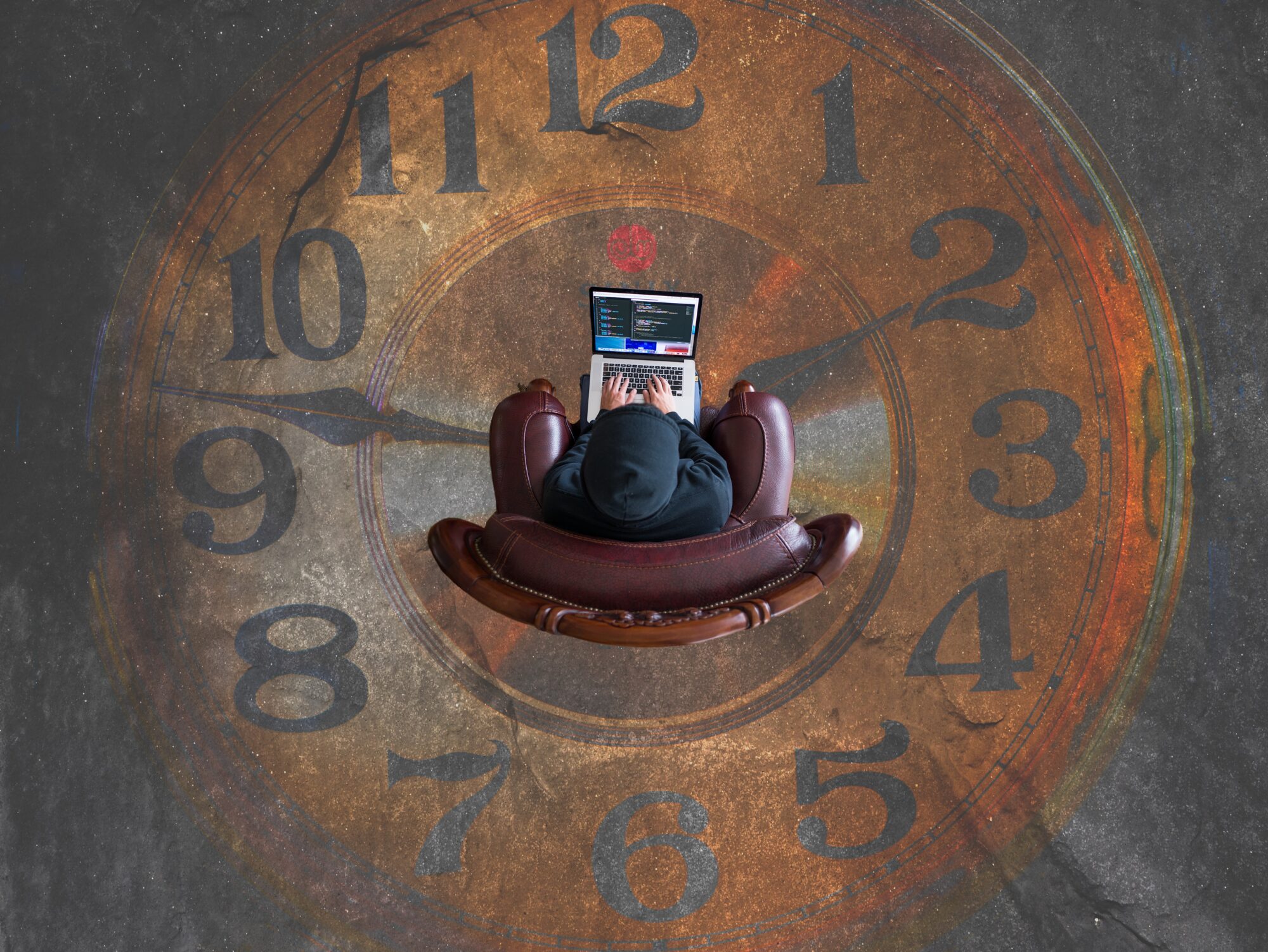
Top 10 Time Management Tips To Work Smarter, Not Harder
Time management is an essential part of not only doing your best work for your employer but creating a better work-life balance for yourself. In order to practice proper time management, you need to remember that it involves working smarter, not harder or for more hours. Productivity is not intrinsically linked to how much time is spent working, but how you spend that time daily.
But what are some benefits of good time management, and why is it important? Well, if you manage your time correctly, you can find yourself spending less of the day procrastinating and feeling in control of your tasks, thereby lowering your stress levels. Additionally, you will be nailing or beating your deadlines, strengthening your reputation as someone who is dependable, and you will have more time for what you like to do outside of work.
At the end of the day, it is crucial that you practice good time management in order to achieve the best working life and life outside of work possible. With that in mind, here are our top ten tips for time management to work smarter, not harder!
Tip #1: The Most Important Job Comes First
Different people work in different ways, and that is no more apparent than when a set of tasks is put in front of them. Some individuals will do the most tedious or unpleasant task first, while others will do the ones that are easiest. But the best way to prioritize work is in order of importance, regardless of the difficulty level.
Tip #2: Prioritize Your Time
This tip builds directly off the first one, in that planning your day in order of importance is critical to success. For example, your most important items for the day come first, followed by secondary and tertiary tasks. Your secondary tasks never get done before the first and most important ones, and tertiary tasks would be nice to get done but ultimately will not be the end of the world if they wait until tomorrow.
Tip #3: Time Limits
Once you have your to-do list in hand, it is important to set a time limit for each task. This helps you make sure your tasks do not take more time than they absolutely need to, and you will also know what you can realistically achieve in one day.
Tip #4: Figure Out When You’re Productive
Are you an early bird or a night owl? This may influence when you work at your best. Block out your most productive hours – it does not matter when they are – and tackle your most important tasks during that time period. Leave meetings and less important tasks to other times of day if at all possible.
Tip #5: Never Multitask
Multitasking seems like a great idea, but in fact, it is the worst thing you can do to your productivity. Not only is it stressful to be juggling several tasks at once, but you can potentially wind up not doing any of them properly. Finish one task completely before you move on to the next item on your list.
Tip #6: Eliminate Any Distractions
No matter whether you are working in an office or from your home, distractions can ruin your productivity. Turning off notifications on your phone is helpful, but so is closing the door to your office. Informing your coworkers or your family that this is a signal to not disturb you may help curb distractions.
Tip #7: Learn To Say No
Many people have difficulty saying no, especially at work. But a polite yet firm no will keep you on track and on top of your to do list. A lot of the time you do not even need to say no, you can simply set a reasonable expectation of when you will be able to do something.
Tip #8: Do It Now Or Do It Later
If you find yourself procrastinating despite all of the previous tips, try to figure out the consequences of doing a task now versus doing it at a later time. If you discover that not completing a task today will not really matter, then you can continue to push it back. But if you ask this question and realize there will be serious consequences, it may give you the motivation to get back on track.
Tip #9: Procrastinate Sometimes
It is not realistic to expect that you will never procrastinate, and here’s why: procrastination may be trying to tell you something. You could be tired, you may need to eat, or you might be distracted by something that is happening in your personal life. Every once in a while it is okay to procrastinate because it allows your mind to wander, which may drum up a new solution or idea.
Tip #10: Consider A Career Change
If you find yourself stalling and procrastinating your task list more often than not, you may need to consider changing jobs. It is not normal to hate your job or feel unmotivated all the time, so be sure to check in with yourself and decide if you are still content with where you are.

